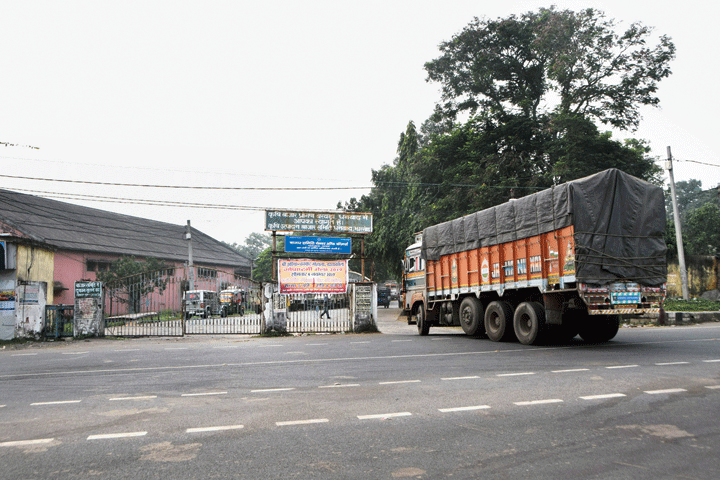Traders are worried about the impact of the five-phase state election — from November 30 to December 20 — on their business.
One of the key things about polls that affects traders is the model code of conduct, which restricts people from carrying cash beyond Rs 50,000.
Rajiv Sharma, the general secretary of Jharkhand Industries and Trade Association, said that at a time when market sentiments were down due to recession, cash restrictions were likely to dampen trade even more. “We will request the Election Commission to amend existing rules on carrying cash and hike the cap from Rs 50,000 to at least Rs 2 lakh to 2.5 lakh” said Sharma.
State polls in 14 Assembly constituencies, including six in Dhanbad and three in Bokaro, are scheduled on December 14. On the fifth and last phase on December 20, voting in 18 Assembly seats in Santhal Pargana are to be held.
In these Assembly polls, the existing cash restrictions are likely to affect the wholesale trade in foodgrain the most, another trade outfit functionary told this paper.
“Even today, most transactions in foodgrain wholesale trade are cash-based. Cash restrictions limits flexibility in buying and selling. We fear a loss of 40 per cent in Dhanbad alone,” the functionary said.
Vikas Kandhway, the general secretary of Dhanbad Zilla Khadyan Vyavsai Sangh, which deals in foodgrain, explained ground realities.
“Right now, due to price rise, the value of Rs 50,000 is not what it used to be. At the same time, traders of the rural market are generally not much aware about digital transactions. So, they carry cash, but under rules they can carry cash that’s mostly inadequate for their needs. The need of the hour is to be pragmatic and increase the limit of cash from Rs 50,000 to at least Rs 2.5 lakh,”said Kandhway.
Rajesh Gupta, the president of the Federation of Dhanbad Zilla Chamber of Commerce and Industry, said the wholesale foodgrain trade of Dhanbad was also dependent on customer flow from adjoining Bengal.
“Thanks to the cash restrictions here, interstate trade will be severely hampered,” Gupta feared. “I honestly can’t understand the logic behind holding a five-phase poll in Jharkhand last till December 20 that will when elections in Maharashtra, with many more Assembly seats, were completed in one day only.”
Agreed the president of the Bokaro Chamber of Commerce, Rajendra Vishwakarma. “Trade in Bokaro is likely to be affected due to elections scheduled during the fourth phase on December 16. We fear the worst affected may be the traders of rural pockets of Bermo, Phusro, Gomia, Petarwar, where cash is still the mainstay,” he said, adding that traders of Santhal Pargana, where voting was scheduled during the fifth phase on December 20, were also worried.
Pritam Gadia, vice-president of the Godda Chamber of Commerce and Industry, rued that rain spoilt the Durga Puja and Diwali trade, while voting would dampen the winter marriage trade.
“Had the election ended in one phase before the marriage season, the market may have revived,” he said.
Dhanbad traders also said that they would have to bear the brunt of three elections in the space of one year — Lok and Vidhan Sabha elections apart, the coal town will also have municipal polls in March-April, 2020.











